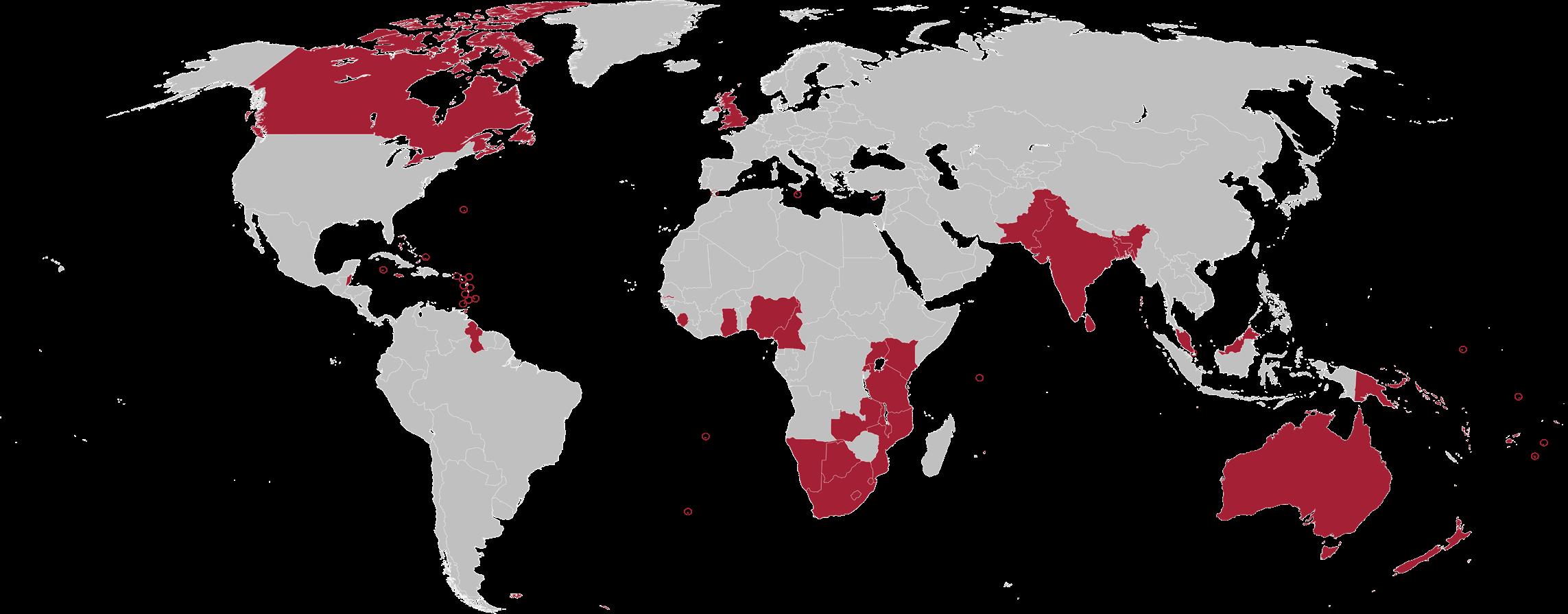
6 minute read
ORGANISE A SCHOOL/UNIVERSITY VISIT
03 Organise a School/ University Visit
3.1 Things to consider when planning your event
Carefully select the school/s of your choice before approaching them.
Identify the reason why you would like to select your chosen school and explore reasons for your visit. Has this school demonstrated having embraced Commonwealth values? What school do you feel will benefit most from this visit?
Outline the reason for your visit.
Commonwealth Day is fast approaching, so it may be wise to draft a programme for the itinerary of the day ahead of time or demonstrate a presentation that you hope to share on the day to secure your attendance.
Remain in communication with the school to keep them well-informed.
Keep the school well-informed on what your objectives are to ensure that they are in line with what the school is trying to achieve. For a good reception and an even better programme, keep the school informed on what you require from them, for example staff who are able to assist in facilitating the programme as they are most familiar with your audience and can assist with keeping them in line! Be sure to also keep them informed of the finer details, like what facilities you will require, for example projectors/mics.
You can also host a joint vitual event in collaboration with your chosen school by mirroring the way in which you would approach an in-person event. You can share a welcome video and outline the itinerary for the school to execute internally or for you to carry out virtually. To make this more interactive, you can video-call into the classes throughout the day to check-in on the progress and gather your feedback for monitoring and evaluation purposes!
Once you have identified your objectives, carefully select the type of competition you would like to hold with this in mind! For Commonwealth Day a good suggestion would be to encourage young students to draft a policy that they think best represents the Commonwealth theme and should be adopted in all 54 countries of the Commonwealth.
1. Collaborate! Consider who you can collaborate with in order to have the widest reach in gathering as many participants as possible. For Commonwealth Day, it may be useful to collaborate with a number of different schools rather than a single host school. Working in collaboration with a large number of schools that are inclusive and reflective of different ethnicities and abilities in the spirit of Commonwealth Day is a great idea.
2. Open it up! Although working with more than one school may seem daunting - there is a greater reward. Encouraging schools to hold internal competitions ahead of Commonwealth Day to shortlist names they wish to bring forward to represent their school on a larger scale may be useful.
3. Incentivise your competition! Consider suggesting that the winner’s draft policy be put forward as a motion in your parliament and identify the key players that can facilitate this. For example, consider liaising with the constituency representative of the winning school to encourage them to champion this.
3.3 Commonwealth Day Quiz
Vary the difficulty of questions – but be sure to keep in mind who your audience are.
If you are trying to educate the youth on all things pertaining to Commonwealth values or a topic related to the theme of Commonwealth Day, note the age group of the youth who are participating and cater your questions to them. The questions should be challenging, but not so much so that they are impossible to answer.
Please also note that unless this is a quiz on vocabulary, it is safe to avoid using advanced vocabulary which could distract from the content of the question.
For learning and development purposes it might be a good idea to tell the young participants that they can anticipate a quiz towards the latter part of the day and the questions will therefore be reflective of things that have been discussed so that they are motivated to listen and learn throughout the day. Testing participants on their prior knowledge can in some cases knock their confidence and constrain their learning.

[Note: it may nonetheless be useful to hand out a quiz at the very start of your programme and at the end of your programme for Monitoring and Evaluating purposes].
Your Commonwealth Day quiz or competition can be hosted on an online videoconferencing platform, so it is important to ensure that you get familiar with the setting functions of your choice of platform prior to the competition and don’t be afraid to get creative with the execution. If available, you can utilise a Question and Answer chat box function for attendees to submit their answers, have attendees raise their hands physically or virtually to answer or create polls. An online quiz may be slightly more difficult to carry out in larger groups, however, you can also see to organising multiple breakout rooms online so each group can submit one set of answers in order for you to keep up with the scores!
1. What is the general rule when writing a quiz?
Quizzes should be simple and fun!
2. How difficult should you make your quiz questions?
They should vary in difficulty!
3. What type of vocabulary should be used when writing a quiz?
Basic vocabulary!
4. What is the best way to ensure participants are capable and confident with partaking in a quiz?
Educate on the topic prior to handing out the quiz!
5. When should quizzes be shared?
Once the relevant information has been shared!
3.4 Create Activity Cards
Activity cards can help to educate young people and encourage them to think creatively! Here’s how to create your own:

1. State your purpose, outcome or goal.
Is your purpose, outcome or goal to encourage creativity? Are you simply trying to open up a conversation on Commonwealth Day? Are you looking to try something innovative? Is your purpose to educate? Or are you looking to Identify what about the Commonwealth inspires young people?

2. Make each activity card different.
A written exercise may encourage rational thinking in that it encourages a breakdown of thoughts and gives the writer time to reflect on their points, supporting evidence and reasons. A verbal exercise, however encourages the free flow of the most organic thoughts, feelings and ideas. Be sure to provide a variety of activity options by making each card different in order to capture all of the ideas/thoughts.
3. Plan your programme.
Plan the logistics of how each activity/exercise on the card should be executed. Consider the requirements of each card - a rap may require a larger group so that they can take to the stage to perform whereas a writing exercise can be done by one person. The official opportunity to celebrate Commonwealth Day comes around once a year so having a clear structure will ensure that the operation runs as smoothly as possible to make use of the time that you have.




